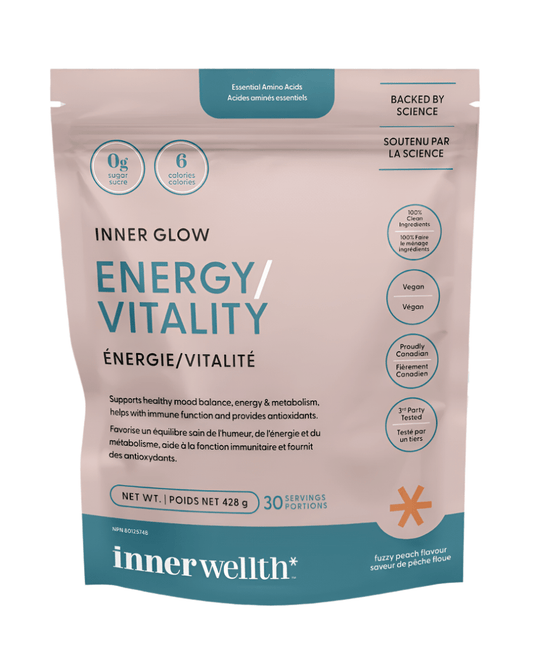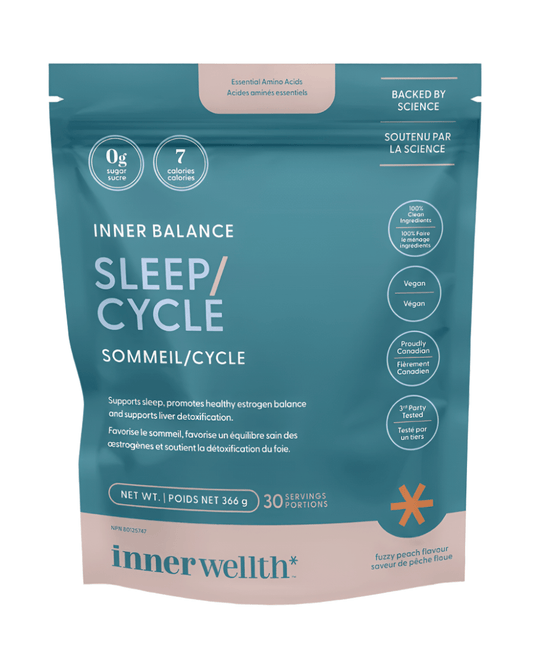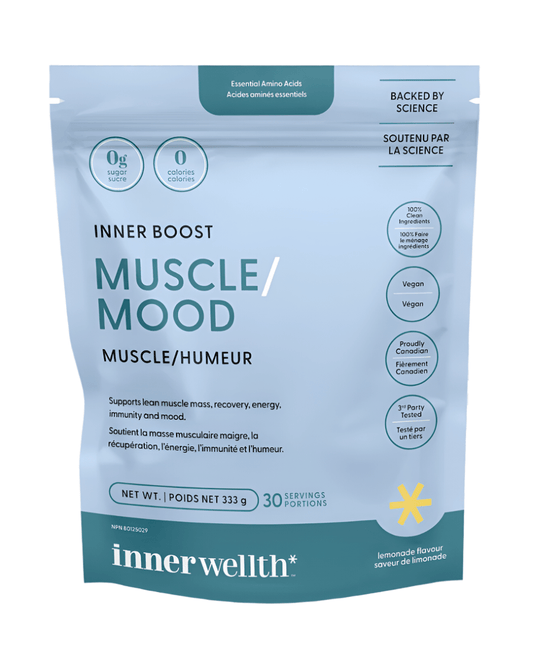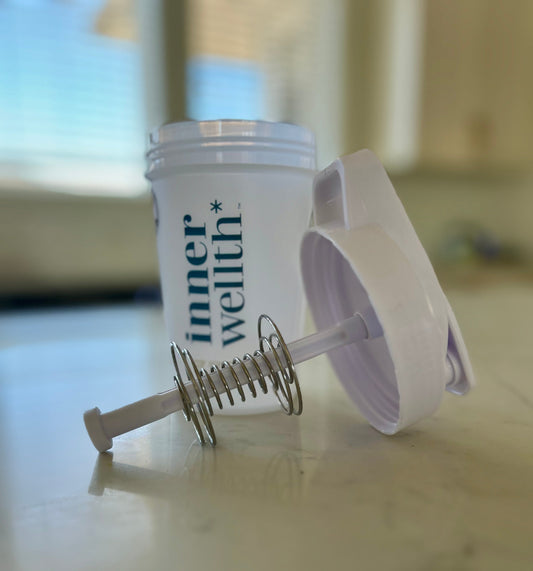It’s common knowledge that a complete menstrual occurs approximately every 28 days, but how many of us know what hormonal changes are happening and the effects of these fluctuations on our mind and body? Understanding these changes can help demystify the experience and empower you to navigate your menstrual health confidently! Get ready, we are going on a journey of your hormonal health!
Phase 1: Menstruation (Days 1-5)
The menstrual cycle starts with menstruation, commonly known as your period. This phase is triggered by a drop in the levels of two key hormones, estrogen and progesterone. As these hormone levels decrease, the lining of the uterus, which was prepared to host a fertilized egg, sheds and exits the body.
The symptoms that can appear during your menstrual phase are:
- Bleeding (obviously!). The blood might range in color from bright red to dark brown.
- Cramps: Many of us experience abdominal cramps, caused by the contractions of the uterus as it expels the lining. Do you suffer from cramps? Try eating foods high in Omega 3s and Magnesium, like fatty fish, leafy greens, bananas and dark chocolate, which can help alleviate cramps. Make sure you are well hydrated to counteract any bloating.
Phase 2: Follicular Phase (Days 1-13)
Simultaneously with menstruation, another hormonal process is underway. The brain's pituitary gland releases follicle-stimulating hormone (FSH), which prompts the ovaries to start developing follicles. Each follicle contains an egg. As these follicles grow, they produce estrogen. Estrogen is the BEST hormone, we tend to feel great during the follicular phase!
The symptoms that can appear during your follicular phase are:
- Increased energy: Many of us feel more energetic as estrogen levels gradually rise.
- Improved mood: Rising estrogen can lead to an uplifted mood and increased feelings of well-being (see, I told you Estrogen was the best!)
Phase 3: Ovulation (Day 14)
Around the middle of the cycle, a surge in luteinizing hormone (LH) triggers the release of a mature egg from the dominant follicle. This is called ovulation. Ovulation usually occurs around day 14 in a 28-day cycle. If you are trying to get pregnant, you want to be focused on days 11-16 for prime baby making!
The symptoms that can appear during your follicular phase are:
- Changes in cervical mucus: You may notice changes in vaginal discharge, becoming clearer and more slippery, which can indicate ovulation.
- Mild pelvic pain: Known as mittelschmerz, some feel a slight twinge or pain on one side of the lower abdomen.
Phase 4: Luteal Phase (Days 15-28)
After ovulation, the follicle transforms into a structure called the corpus luteum, which produces progesterone. This hormone prepares the uterus for a potential implantation of a fertilized egg. Progesterone is a calming, relaxing hormone
The symptoms that can appear during your luteal phase are:
- Breast tenderness: Higher levels of progesterone can lead to breast sensitivity or tenderness.
- Mood swings: Some individuals may experience changes in mood, ranging from irritability to increased emotional sensitivity.
- Cravings: Our body is working hard to make that uterine lining and we can become deficient in some nutrients causing intense cravings
- Great Sleep, then Poor Sleep: Progesterone spikes in week 3 lead to incredible sleeps, and if there is no fertilized egg, the subsequent progesterone plunge can lead to very poor sleep the week before your period
Does that clarify some things for you? Know that there are up to 34 symptoms that you can experience each month due to hormonal fluctuations and they are ALL normal, so treat yourself with some grace and understanding while your hormones fluctuate every month.
Make sure to pay attention to these normal, varying symptoms to help you better manage your menstrual health and overall well-being.
Remember, our bodies are incredible, and understanding the natural and normal changes we experience every month, can hopefully empower you to take charge of your hormonal health!






